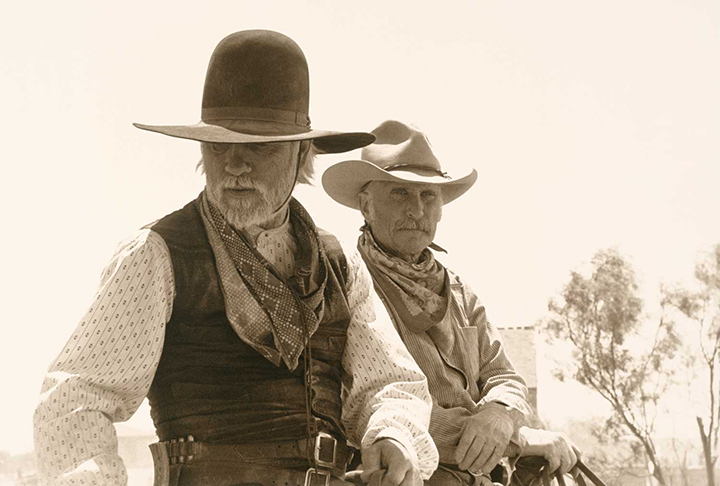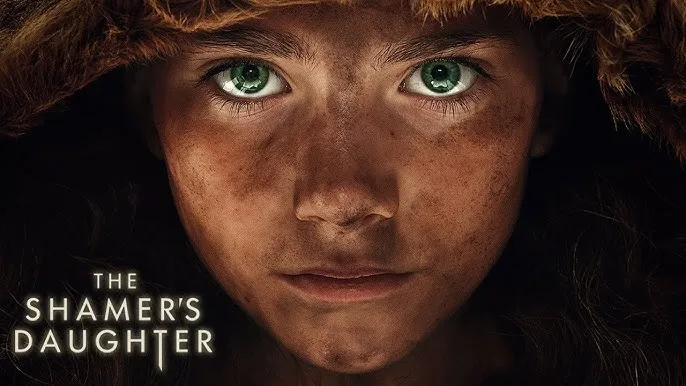In the heart of the West, friendship becomes the only thing stronger than death.
Lonesome Dove is a landmark miniseries adapted from Larry McMurtry’s Pulitzer Prize–winning novel, a sprawling Western that captures the fading glory of the American frontier. At its heart are two retired Texas Rangers, Captain Woodrow F. Call and Captain Augustus “Gus” McCrae, whose bond of friendship and loyalty carries them on one final, arduous journey across the untamed West.
When the pair decide to leave their small border town of Lonesome Dove and drive a herd of stolen cattle to Montana, they set out on an adventure that quickly becomes more than a simple cattle drive. Along the way, they face brutal storms, dangerous outlaws, hostile encounters, and the harsh realities of frontier survival. Yet it is not just the land that tests them, but also the choices they must make about love, honor, and mortality.

The story unfolds as both an action-packed Western and a deeply human drama. Gus, with his wit and easy charm, brings humor and warmth, while Call’s stoic, unyielding sense of duty often drives him into painful solitude. Their contrasting personalities form the emotional backbone of the narrative, showing how different kinds of strength are needed to endure a world that is both beautiful and merciless.
Visually, Lonesome Dove embraces the vast landscapes of the American West, using sweeping cinematography to capture the grandeur and danger of the cattle trail. But beyond the gunfights and rugged terrain, the miniseries is remembered for its exploration of aging, regret, and the bonds that endure when everything else fades.

In the end, Lonesome Dove is not only a Western, but also a meditation on legacy, love, and the enduring spirit of friendship. It stands as one of the greatest Western sagas ever told — a story that is as much about the people who rode into the frontier as the land they tried to tame.



